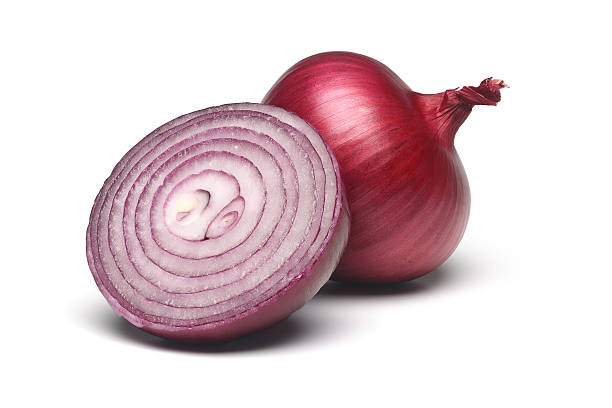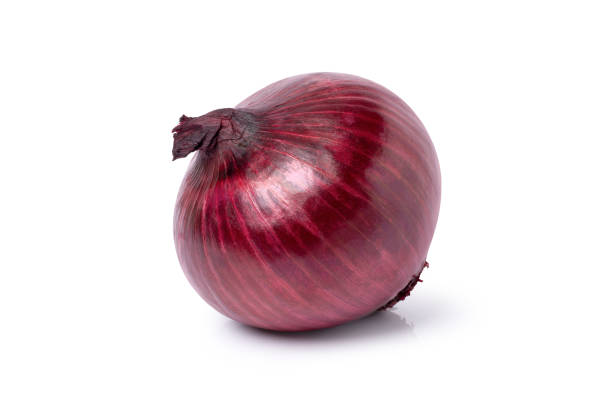Onions are a staple ingredient in many cuisines around the world. They add flavor and depth to dishes, but many people wonder about the calorie content of onions. In this article, we will explore the calorie content of onions and how they fit into a healthy diet.
One medium-sized onion contains approximately 44 calories. This may not seem like a lot, but when you consider that onions are often used in large quantities, the calorie content can add up quickly. For example, a recipe that calls for one cup of chopped onions will contain approximately 88 calories.
Onions are also low in fat and cholesterol, making them a great addition to a low-calorie diet. They are also a good source of dietary fiber, which can help you feel full and satisfied. Fiber also aids in digestion and can help lower cholesterol levels.
One medium-sized onion contains approximately 44 calories. This is a relatively low number compared to many other types of vegetables. For example, one medium-sized baked potato contains 130 calories, and one cup of cooked spinach contains 41 calories.
The low calorie content of onions makes them an excellent choice for people who are trying to lose weight or maintain a healthy weight. They can be added to a wide variety of dishes, including salads, soups, stews, and stir-fries, without adding a significant amount of calories.
Onions are also a good source of several important nutrients. They are a good source of Vitamin C, which helps to support the immune system, and they also contain a small amount of Vitamin B6, which helps to maintain healthy skin, nerves, and red blood cells.
In addition to their low calorie content and nutrient content, onions also offer several other health benefits. They are a natural anti-inflammatory, which means they can help to reduce inflammation in the body. This can be especially beneficial for people with conditions such as osteoarthritis and rheumatoid arthritis.
Onions also contain compounds called flavonoids, which have been shown to have antioxidant properties. These compounds can help to protect cells from damage caused by free radicals, which can contribute to the development of chronic diseases such as cancer and heart disease.
Onions are also a good source of dietary fiber, which can help to promote regular bowel movements and may reduce the risk of developing colon cancer.
When it comes to weight loss, it’s important to keep track of calorie intake. Adding onions to your meals is a great way to add flavor without adding a lot of calories. They can be used in a variety of dishes, including soups, stews, salads, and sandwiches.
Onions can also be used as a low-calorie substitute for high-calorie ingredients. For example, instead of using butter or oil to sauté vegetables, you can use thinly sliced onions. This will add flavor without adding a lot of calories.
Onions can also be used as a topping for sandwiches, pizzas, and burgers. Rather than using high-calorie condiments such as mayonnaise or cheese, you can use thinly sliced onions as a topping. This will add flavor without adding a lot of calories.
Onions can also be used as a low-calorie snack. They can be eaten raw or cooked and can be paired with a variety of dips and spreads. For example, you can slice an onion and serve it with hummus or salsa. This will provide a satisfying snack without adding a lot of calories.
In conclusion, onions are a low-calorie food that can be used in a variety of dishes. They are a good source of dietary fiber and can help you feel full and satisfied. They can be used as a low-calorie substitute for high-calorie ingredients, and as a topping for sandwiches, pizzas, and burgers. They can also be eaten as a low-calorie snack. Adding onions to your diet can be a great way to add flavor without adding a lot of calories.

 Home
Home Health
Health Diet & Nutrition
Diet & Nutrition Living Well
Living Well More
More












